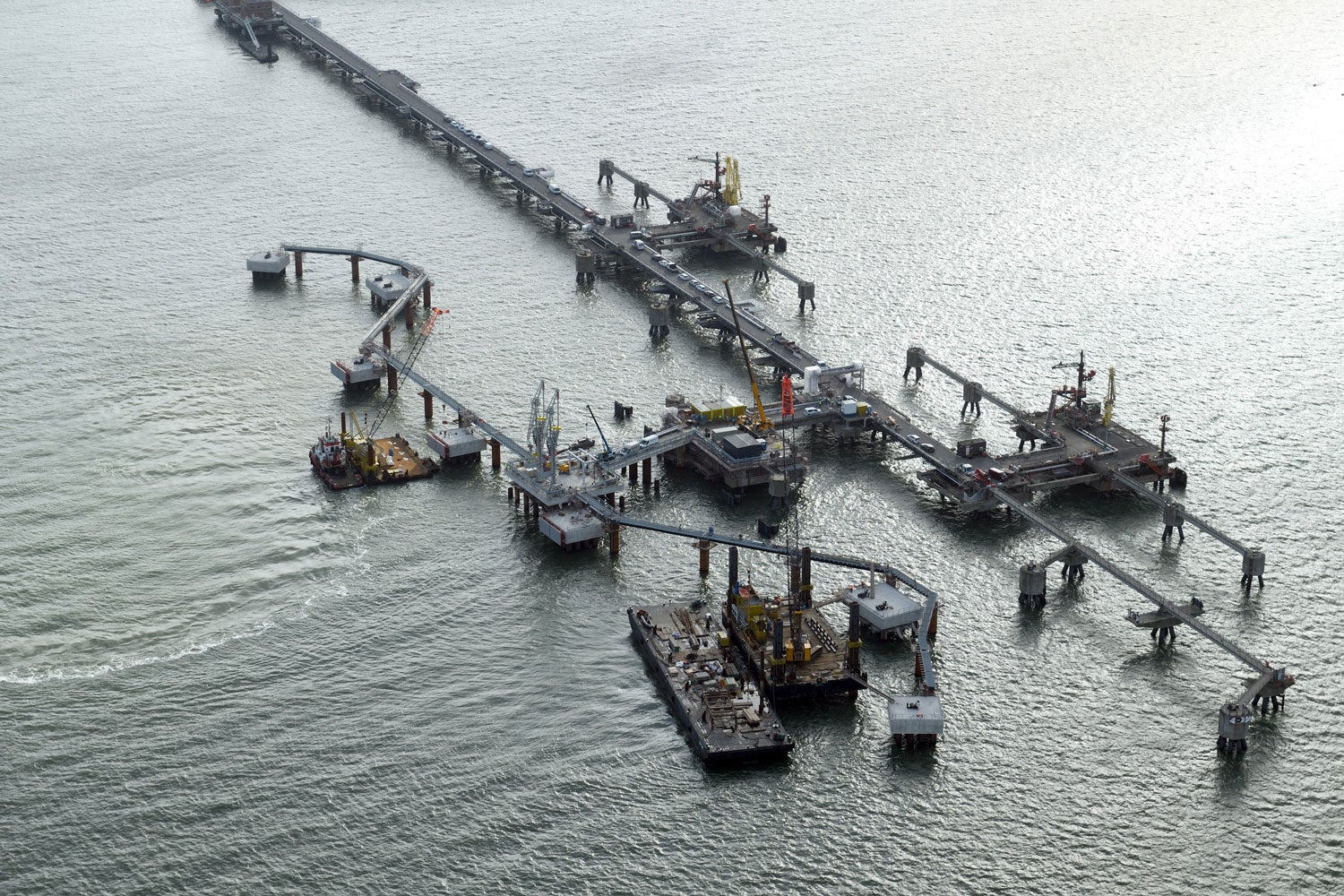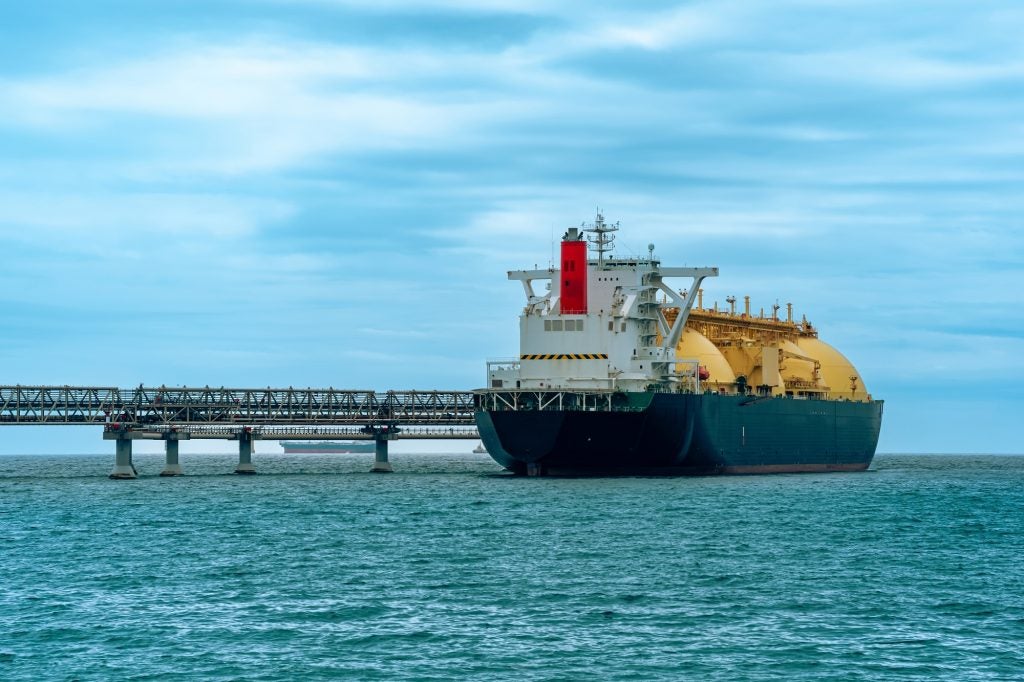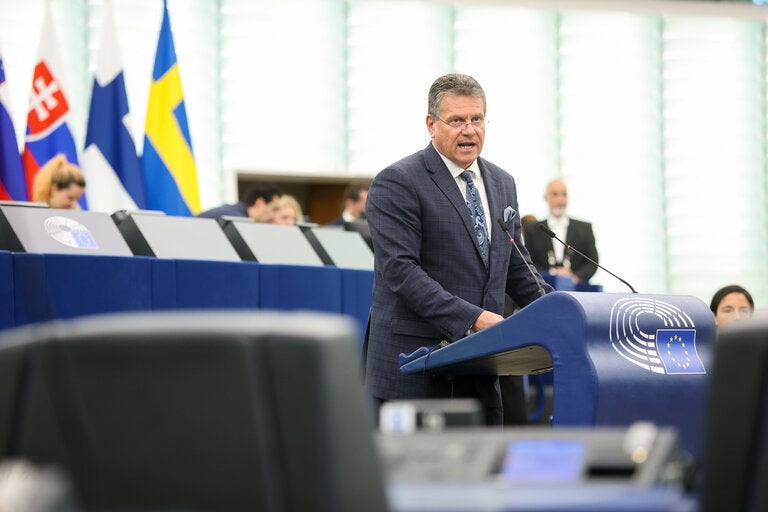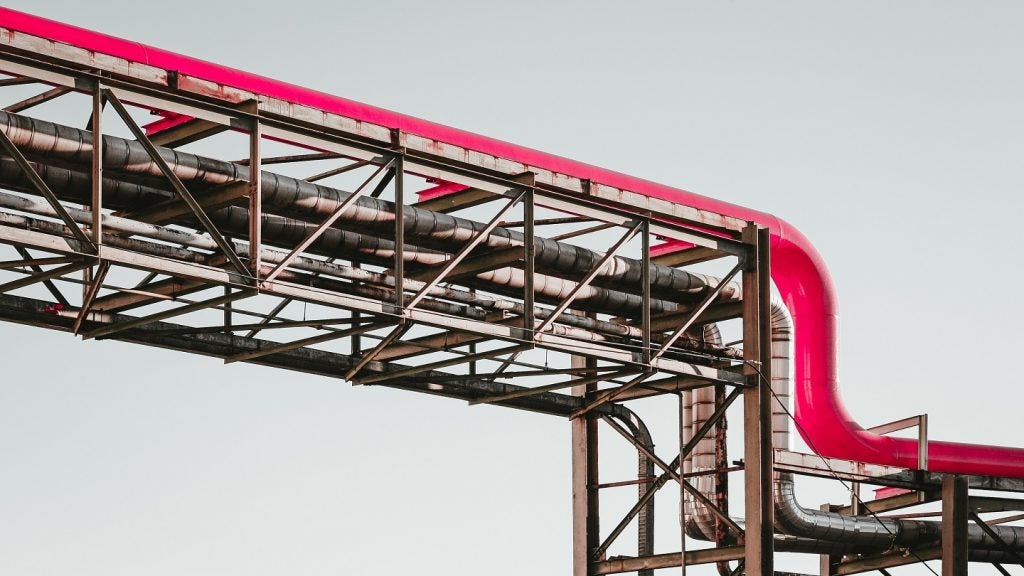
Germany has completed construction of its first liquefied natural gas (LNG) Jetty at the North Sea port of Wilhelmshaven, as the country seeks more LNG to replace Russian supplies.
The new LNG jetty has been built by Niedersachsen Ports (Nports) in 194 days, after the first ramming at the Voslapper Groden cargo handling facility.
The import facility comprises a docking platform and dolphins with rubbing paunches, in addition to mooring dolphins for the berth.
To enable regasification of imported liquefied gas via gas tankers, a floating storage and regasification unit (FSRU) is planned to be moored at the expanded Voslapper Groden facility in December.
Germany’s Minister for Economic Affairs Olaf Lies said the jetty marks “one giant step for a more secure energy supply.”
In May 2022, Niedersachsen’s State Agency for Water Management, Coastal Defence, and Nature Conservation (NLWKN) approved the early start of construction of the LNG Jetty.
Germany Environment and Energy Minister Christian Meyer said: “NPorts’ new jetty will make a contribution to a more secure energy supply in Niedersachsen and Germany.
“At the same, and in line with our climate objectives, our goal is to exceedingly minimise the import of fossil fuels by putting the energy transition efforts into overdrive, and by expanding the use of renewable energies and energy storage solutions.
“The idea is to switch to climate-neutral green gases as quickly as possible and make Wilhelmshaven the hub for green hydrogen and for the import of renewable energies from the North Sea.”
Uniper was responsible for the construction of the superstructure while Open Grid Europe provided connections to the gas pipeline network and to the caverns.





